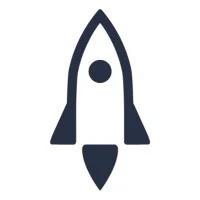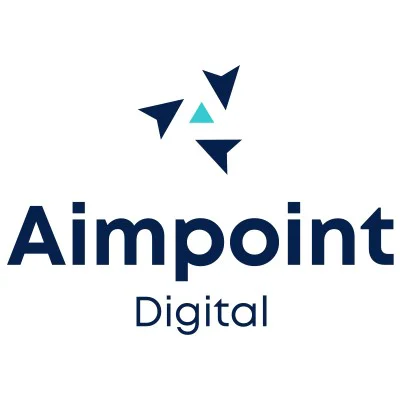Job description
Encora is seeking a highly motivated Associate Machine Learning Engineer with 2–5 years of experience to join our growing AI/ML team. You will play a key role in building, deploying, and scaling machine learning models that power real-world applications. The ideal candidate is equally comfortable working with data pipelines, model development, and MLOps workflows—and is excited to contribute to both experimentation and production-grade systems. This is a 6 month project with high potential for extension. You will work remote, supporting EST hours.
Key Responsibilities:
- Collaborate with data scientists, engineers, and product managers to design, build, and deploy ML models into production.
- Develop and maintain robust, scalable pipelines for data preprocessing, feature engineering, and model training.
- Integrate models with production systems and monitor their performance post-deployment.
- Participate in code reviews, testing, and documentation to ensure high-quality, maintainable ML code.
- Contribute to model versioning, experiment tracking, and reproducibility using tools like MLflow, Weights & Biases, or similar.
- Implement model validation techniques, A/B testing, and continuous model improvement practices.
- Help optimize model performance and infrastructure costs across cloud or on-prem environments.
Required Qualifications:
- 2–5 years of experience in ML engineering, applied machine learning, or related roles.
- Strong proficiency in Python and libraries such as scikit-learn, Pandas, NumPy, and PyTorch or TensorFlow.
- Solid understanding of machine learning fundamentals including model evaluation, overfitting, regularization, etc.
- Experience with ML workflow tools like MLflow, Airflow, or Kubeflow.
- Familiarity with cloud platforms such as AWS (SageMaker), GCP (Vertex AI), or Azure (ML Studio).
- Experience working with version control (Git) and CI/CD practices.
- Excellent problem-solving and collaboration skills.
Preferred Qualifications:
- Experience deploying models in real-time or batch environments via REST APIs, containers, or streaming platforms (e.g., Kafka).
- Knowledge of MLOps tools and concepts such as Docker, Kubernetes, model registries, and feature stores.
- Familiarity with big data technologies (e.g., Spark, Hadoop) is a plus.
- Exposure to NLP, computer vision, or time series modeling is a bonus.
- Bachelor’s or Master’s degree in Computer Science, Engineering, Data Science, or a related field.







